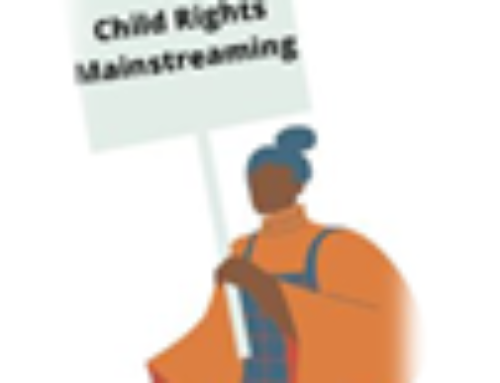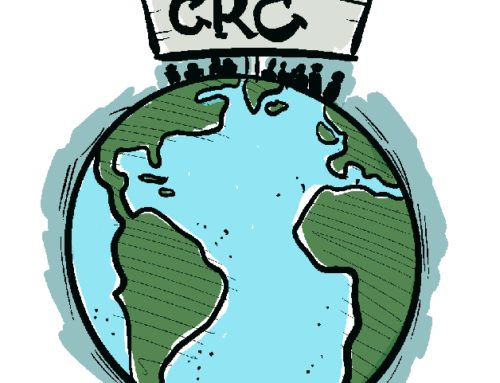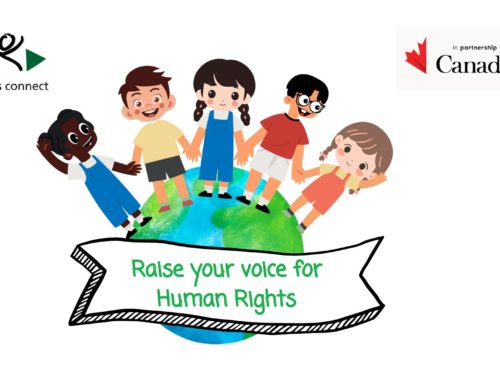The 33rd Annual Meeting of Chairpersons of the Human Rights Treaty Bodies is taking place from 7-11 June 2021. TB-Net is participating in the exchange meeting with NGOs and stakeholders, and will highlight the following key points:
1. Civil society participation
TB-Net appreciates the opportunity of such exchange meeting, and would welcome more predictability and standard guidelines in order to promote more inclusive and diverse civil society participation in the Chairpersons’ meetings.
2. Focused review
TB-Net welcomes the decision to continue the discussion on the strengthening of the treaty body system and the recommendations contained in the report of the co-facilitators on the focused review as well as on the alignment of working methods.
We encourage the UNTBs to adopt a fixed and coordinated calendar for reviews by all Committees, recalling the joint civil society proposals made in 2019 based on a series of consultations with CSOs led by TB-Net. The proposals offer a model based on an 8-year overall cycle, in which all States parties engage with UNTBs every 4 years, through an alternating, two-level cycle of comprehensive and focused reviews:
- The comprehensive reviews would take place every 8 years for 6 hours in Geneva, and address all the provisions of the respective treaties.
- The focused reviews would take place 4 years later, focusing on assessing the progress made on the most pressing issues identified in the comprehensive review and any new or urgent issues.
As we understand that the Chairpersons are discussing possible modalities of the focused review, we would like to highlight that:
- It is important that the focused review is an official activity of the UNTBs accompanied with the necessary resources.
- The focused review should be a moment of effective interaction between the UNTBs and States.
- The outcome of the focused review should be recommendations adopted by the whole Committee, even if the interaction happens with a limited number of members.
- Priority for the location of the focused review should be given to the national level to allow the UNTBs to engage with more stakeholders, both from the State and civil society. However, flexibility needs to be factored in. In all locations, CSOs should be able to choose the format of their engagement with the focused review, in-person or online, to ensure inclusivity and accessibility.
- Secured and enhanced civil society participation should be at the core of the focus review to ensure that their inputs inform the review and its outcome in a safe and meaningful manner.
TB-Net and the Geneva Academy for Human Rights and Humanitarian Law will pilot focused reviews with States in 2021, in cooperation with the Office of the UN High Commissioner for Human Rights (OHCHR). We call on the UNTBs to use this pilot project as an opportunity to explore and analyse the practical implications of focused reviews.
3. Backlog of State party reports
We reiterate our appreciation of efforts undertaken by the UNTBs, OHCHR and the United Nations Office at Geneva (UNOG) to continue the work of the UNTBs despite the technical and logistical challenges posed by the pandemic, particularly the fact that all UNTBs have now piloted online reviews of States parties.
As we are increasingly concerned by the growing backlog of State party reports awaiting consideration, we believe that it is necessary for both the UNTBs and the OHCHR to identify next steps towards undertaking in-person reviews for autumn sessions of 2021. TB-Net recommends that:
- There is full, meaningful and safe civil society engagement, with flexibility and inclusivity;
- Decisions are immediately and widely communicated; and
- Information on any modification of future sessions is shared in a timely manner to allow transparency and predictability of the process.










Leave A Comment